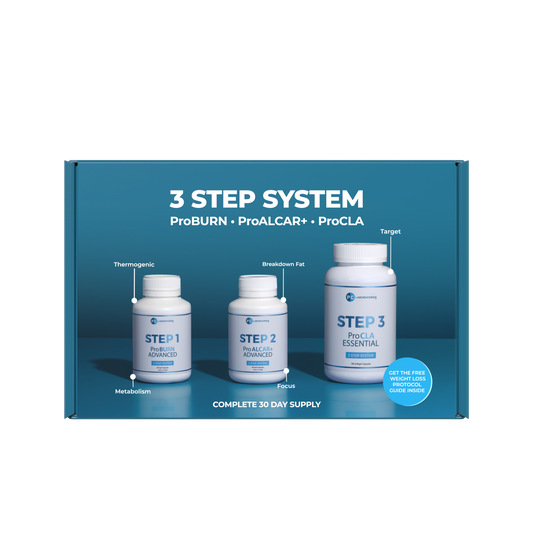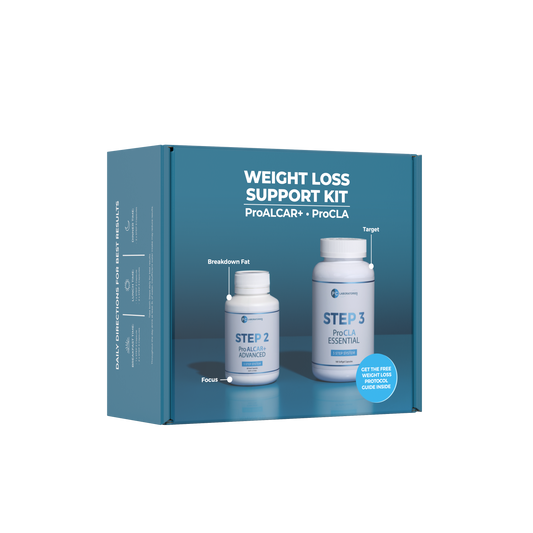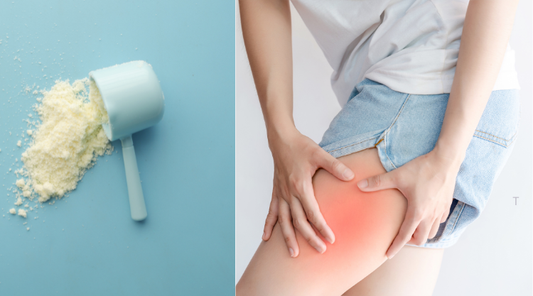“Sleep hygiene” is something that health experts talk about a lot, but many of us are still unsure what it actually means.
Whether you’re a restless sleeper or suffer from insomnia, we’re here to help. In this article, we’ll cover how to improve your sleep hygiene and get better-quality shut-eye so you can stay healthy and smash all your daily goals.
What Is Sleep Hygiene?
Firstly, let’s go back to basics. “Sleep hygiene” is the term used to describe healthy habits, behaviours and environmental factors that contribute to getting a good night’s sleep.
The concept was developed in the late 1970s as a way to help people with mild to moderate insomnia. Clinicians carry out an assessment of an individual’s sleep hygiene based on their problems and then provide recommendations.
Simply put, if you have poor sleep hygiene, you may find it difficult to fall asleep, wake up several times during the night or feel tired throughout the day.
Why Is Good Sleep Hygiene Important?
Studies have shown that poor sleep hygiene can detrimentally impact sleep quality and duration, leading to sleep disorders such as insomnia.
As insomnia is linked to various mental and physical conditions, it has been concluded that improving sleep quality leads to better overall health.
Some of the physical and mental health benefits of good sleep hygiene include:
- Improved focus and productivity
- Strong immune system
- More energy
- Reduced risk of injury
- A lower risk of serious health conditions (like diabetes and heart disease)
- A boost in memory and mood
- The maintenance of a healthy weight
- Improved overall quality of life
This all starts with forming good sleep habits.
Common Sleep Hygiene Mistakes
There are some common mistakes people make when it comes to sleep hygiene.
Not Fully Committing
Let’s face it, making any kind of change in our lives is a lot of hard work. We’re so used to doing something one way that it seems like so much effort to take the time and energy to switch things up.
Considerable research has been performed for years to create a set of guidelines designed to enhance sleep hygiene for the masses. If you follow these strategies, there’s no reason why they won’t work for you too!
Giving Up Too Early
Some sleeping problems are bad habits that have been formed over several years. It may take time to see significant changes, but research shows that the long-term effects are worth the wait.
Be patient and build a sustainable routine based on your goals to make the behaviours feel almost automatic.
Relying on Medication
There are effective medications used to treat insomnia, but only in the short term. Relying on sleeping pills can lead to dependence in the long term, thus prolonging sleep difficulties.
By all means, talk to a health professional to figure out the right course of action for you. That being said, good sleep hygiene is scientifically proven to help treat insomnia, either by itself or combined with other strategies like medication or cognitive therapy.
How to Implement Good Sleep Hygiene
Let’s dive right into some good sleep hygiene habits you can start implementing today.
Have a Bedtime Routine
Creating a bedtime routine is important for consistency.
- Set Fixed Bed and Wake-Up Times: Try to go to bed and wake up at the same time every day (even when it’s not a workday!). This will get your body into a regular sleep schedule.
- Don’t Use Electronics 30 Minutes Before Bed: The bright light from electronics interferes with the normal sleep-wake schedule and conflicts with nature’s light-dark cycle.
- Wind Down With Relaxing Activities: Read a book, play calm music and do some meditation — whatever works for you to prepare your body for sleep every night.
- Use Your Bed Just for Sleep: Your body will associate your bed with sleep if you only use it for this purpose, which can make it easier to fall asleep. Avoid doing other activities in bed like watching TV.
- Avoid Tossing and Turning: If you struggle to get to sleep after 20 minutes, get up and go do something else like stretching or reading. Actively trying to fall asleep causes frustration, preventing sleep.
Create the Best Sleep Environment
Where you choose to sleep also has a big impact on your sleep hygiene.
- Surround Yourself With Soft Materials: Make sure your bed, mattress, sheets, pillows and pyjamas are soft and comfortable so they don’t irritate you in the night and wake you up.
- Eliminate Noise: Noise can easily disrupt sleep so remove all potential noise. Ear plugs or white noise machines can be extremely handy for drowning out street noise or loud neighbours.
- Block Out Light: Heavy curtains or an eye mask will stop light from interfering with your sleep. Likewise, dim the lights in your room before bedtime, as they can hinder the production of the melatonin hormone which helps the body fall asleep.
- Set a Cool Temperature: The optimal temperature for the best sleep is on the cooler side (around 65 degrees Fahrenheit or 18.3 degrees Celsius), but experiment until you find the right one for you.
Adopt Positive Daily Habits
It’s not just nighttime habits that play a part in getting good sleep.
- Be Physically Active: Daily movement and exercise make your body more tired and more likely to sleep at night.
- Spend Time Outside: Light, particularly sunlight, can help regulate your circadian rhythm to improve sleep quality.
- Avoid Smoking and Alcohol: Nicotine and alcohol can both stimulate the body in ways which can disrupt sleep.
- Cut Down on Caffeine: Caffeine is a stimulant and can leave you feeling wired when you want to rest. Try to limit your caffeine intake and avoid it in the afternoon and evening to give your body the best possible chance of sleeping soundly.
- Avoid Napping: Sure, naps can help improve energy levels during the day, but they can interfere with sleep at night. If you do nap, don’t nap for long and limit it to early afternoon.
- Try a Magnesium Supplement: Magnesium is known to relax our muscles, helping our bodies to relax before sleep. Taking a daily supplement is linked with longer sleep times and less tiredness during the day.
How to Measure Good Sleep Hygiene
There are several apps available nowadays that can help you track your sleep quality. Some of these include Oura, SleepWatch, Calm, Pillow, Sleep Cycle, PrimeNap and Sleep Reset.
If you’re an iPhone user, you can track your sleep duration in the Health app. Google Fit is the equivalent for Android users.
Common Sleep Metrics
Any sleep tracker app will show you the duration you’ve been asleep each night. But, better apps will show you other sleep metrics such as:
- Sleep Efficiency: This is the percentage of time spent in bed sleeping. A healthy goal for the metric is 85% or higher.
- Sleep Stages: There are different stages of sleep, including Rapid Eye Movement (REM) sleep and deep sleep, which complement each other. REM sleep supports cognitive and emotional health, whereas, deep sleep aids physical restoration. Sleep trackers can tell you the percentages of REM and deep sleep you’re getting each night. Aim for 20-25% of your sleep for REM sleep and 13-23% for deep sleep.
- Sleep Quality: This metric is an indicator of your overall sleep quality and ranges from 0 to 100. It takes into account total sleep, sleep efficiency, time spent in different sleep phases and number of wake-ups in the night. 75 or higher is a good number to aim for.
Arguably, these are the most important sleep metrics on these tracking apps. However, there are other interesting metrics too, such as Average Breathing Rate, Average Heart Rate and Percentage of Sleep Goal. They tend to vary depending on the app.
Either way, tracking your sleep is a good way of keeping on top of your sleep hygiene goals. After all, better sleep hygiene will ensure you wake up feeling refreshed every day and ultimately help you live a happier, healthier life.








